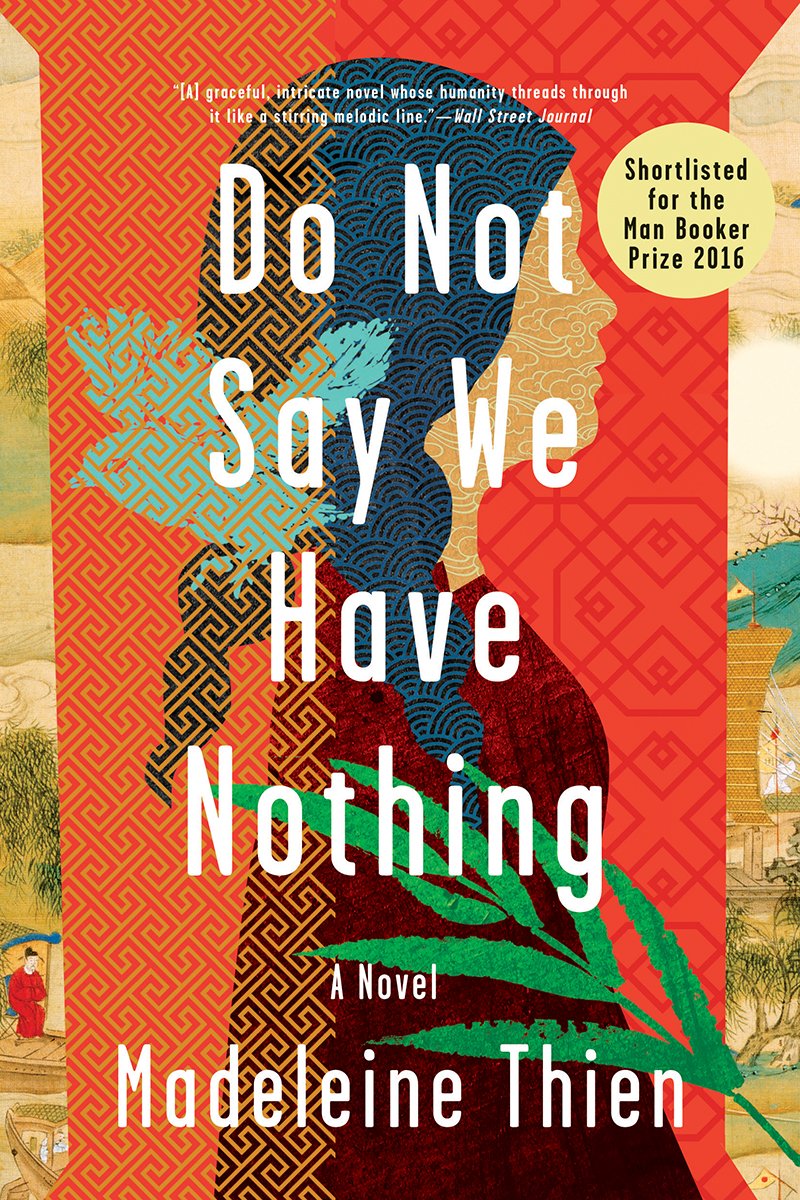

Concert music rang from two enormous speakers outside the shop. I remember that it was pouring rain and the sidewalks were empty.


Some years ago, in 2010, while walking in Vancouver’s Chinatown, I passed a store selling DVDs. Numbers have allowed me to move between the unimaginably large and the magnificently small to live an existence away from my parents, their affairs and unrequited dreams and, I used to think, my own. For the last decade I have been a professor at Simon Fraser University in Canada. In my twenties, in the difficult years after both my parents had passed away, I gave my life wholeheartedly to numbers-observation, conjecture, logic and proof, the tools we mathematicians have not only to interpret, but simply to describe the world.

When he died, I was only a child, and the few memories I possessed, however fractional, however inaccurate, were all I had of him. He gave me my Chinese name, Jiang Li-ling, and my English one, Marie Jiang. Later on, when I learned my father had been a renowned concert pianist in China, I thought of the way his fingers tapped the kitchen table, how they pattered across countertops and along my mother’s soft arms all the way to her fingertips, driving her crazy and me into fits of glee. My father’s name was Jiang Kai and he was born in a small village outside of Changsha. His eyes, dark brown, are guarded and unsure he is only 39 years old. He wears glasses that have no frames and the lenses give the impression of hovering just before him, the thinnest of curtains. My father has a handsome, ageless face he is a kind but melancholy man. Afterwards, distraught, she rushed home to Vancouver where I had been alone. That year, 1989, my mother flew to Hong Kong and laid my father to rest in a cemetery near the Chinese border. The first time, to end his marriage, and the second, when he took his own life. In a single year, my father left us twice. 7. You can also read, as part of our series profiling all the Giller shortlisted authors’ creative process, Madeleine Thien’s essay on her craft here. Below is an exclusive excerpt from the book Do Not Say We Have Nothing, which was shortlisted for the Man Booker Prize, and won both the Governor-General’s Literary Award on Oct.


 0 kommentar(er)
0 kommentar(er)
